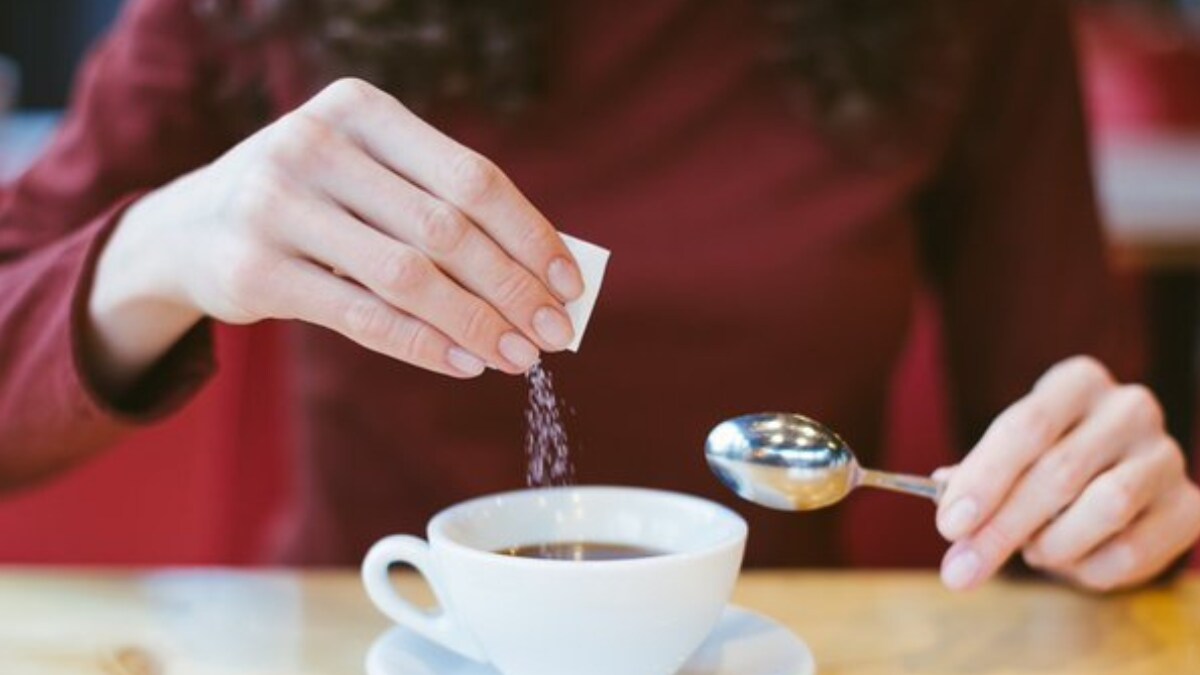How Much Sugar Is Too Much Sugar, Watch This Video To Find Out

WHO’s review suggests that there may be potential undesirable effects from long-term use of non-sugar sweeteners (NSS). (Image: WHO/Twitter)
UN advises against the consumption of non-sugar sweeteners (NSS) or artificial sweeteners such as aspartame, acesulfame K, cyclamates, neotame, saccharin, sucralose, stevia and stevia derivatives.
We all love a sweet treat be it chocolate, ice cream, candy or cakes. But it is also a known fact that excessive consumption of sugar can lead to various health issues which can lead to obesity, skin ageing and diabetes, among various other health issues. Having natural substances in the form of sugar that is available in fruits and other food items can be beneficial for you but people also have shifted towards artificial sugar. Recently, the World Health Organization (WHO) recommended against the use of artificial sweeteners to reduce body weight or the risk of non-communicable diseases.
Based on its own research, the UN body advises against the consumption of non-sugar sweeteners (NSS) or artificial sweeteners such as aspartame, acesulfame K, cyclamates, neotame, saccharin, sucralose, stevia and stevia derivatives. Now the question that arises here is how much one should consume sugar in a day. Nutritionist Rujuta Diwekar explained the guidelines by WHO and shared that instead of replacing sugar with NSS one should look at the overall reducing the sweetness of their diet but not avoid fruit just because they have sugar.
“They are saying to continue having fruits, so if you are avoiding mango this season, because it has sugar, that is not a scientific thing to do, eat while it is in the season including the fruits available in summers,” she added. The nutritionist also mentioned that one has to control the added sugar in their overall diet which has a limit to it. She also said that health organisations including WHO, USA Heart Association and the guidelines issued by countries like the UK, Australia, Canada, and New Zealand recommend limiting added sugar intake to 5-10 per cent of daily diet which is about 6-12 tsp/ day.
Rujuta Diwekar explained that one can safely have sugar in their chai or coffee, sherbets, homemade laddoo, kheer, etc. while staying within recommended limits. What is needed to be avoided packaged foods like cereals, juices, colas, energy drinks, ketchup, jams, cookies, biscuits, etc., on a regular basis can increase more than 10 per cent of the calorie intake of an individual’s added sugar.
Rujuta Diwekar said that “life is all about building a healthier habits and better dietary pattern.” She also stated that not to fool around as they can start the day with cigarettes and ends the day with alcohol and throughout the day one eliminates sugar to stay fit, healthy, slim or whatever it is but to keep it simple.
For all the latest lifestyle News Click Here


